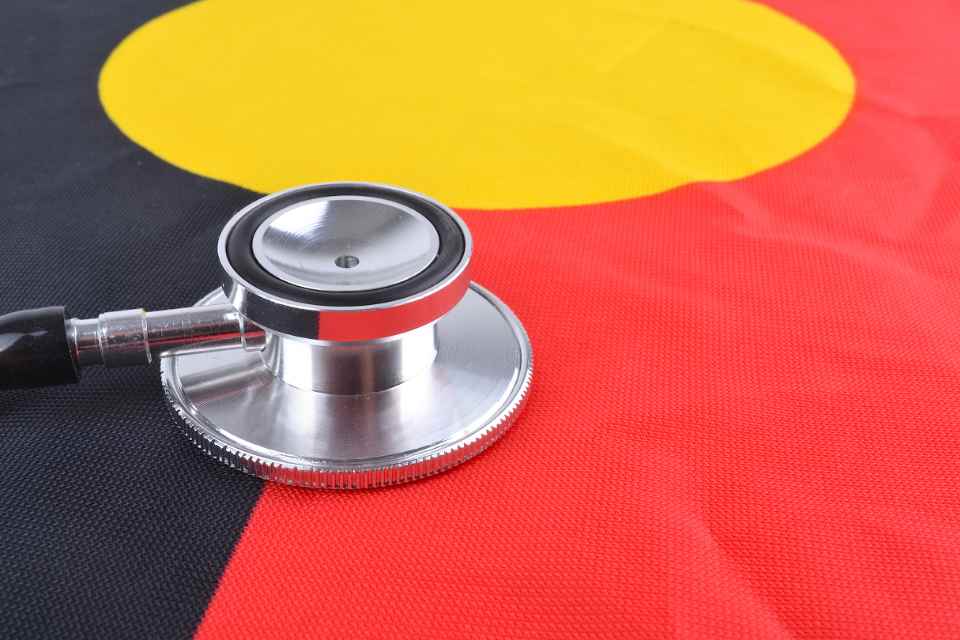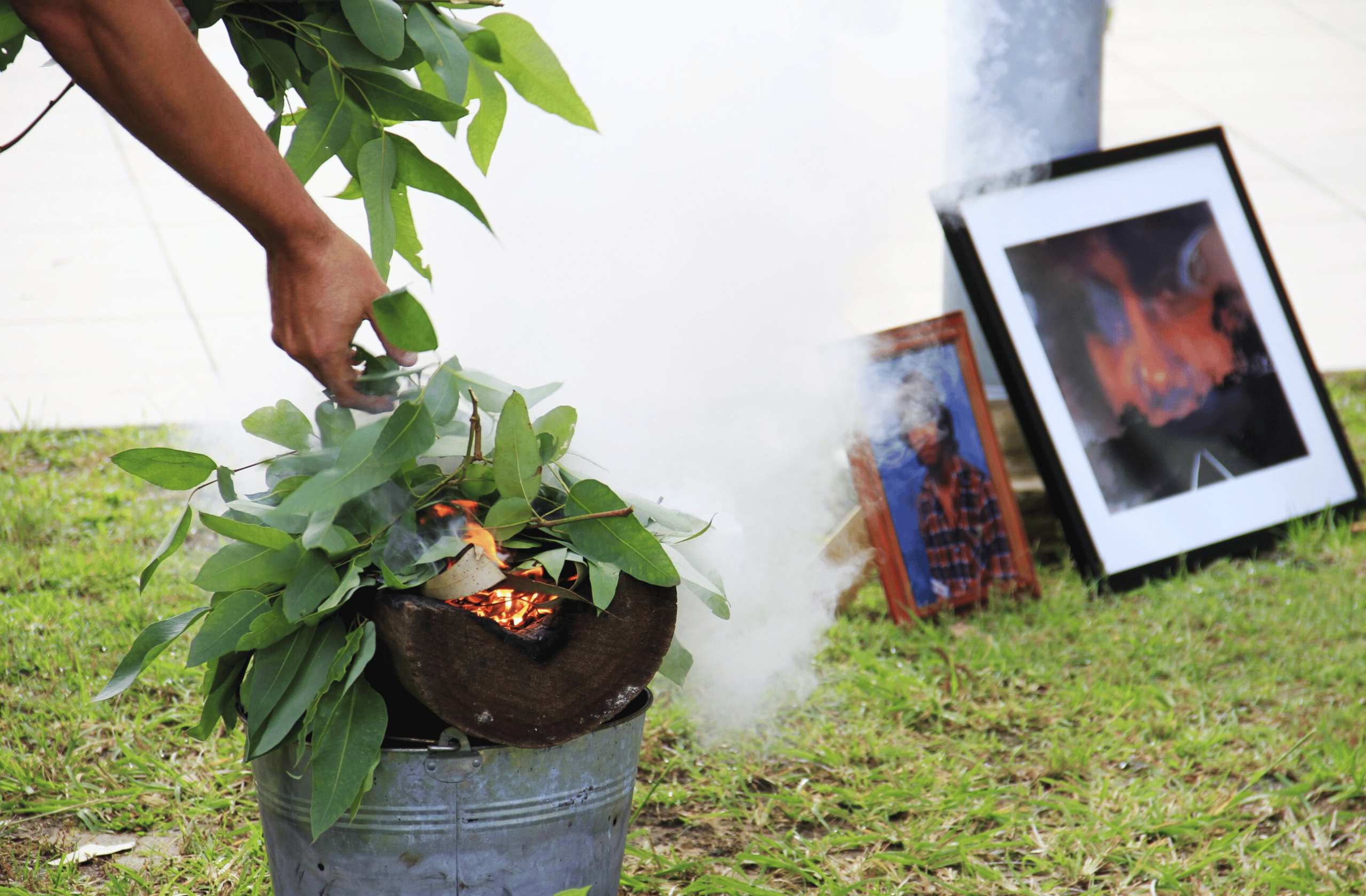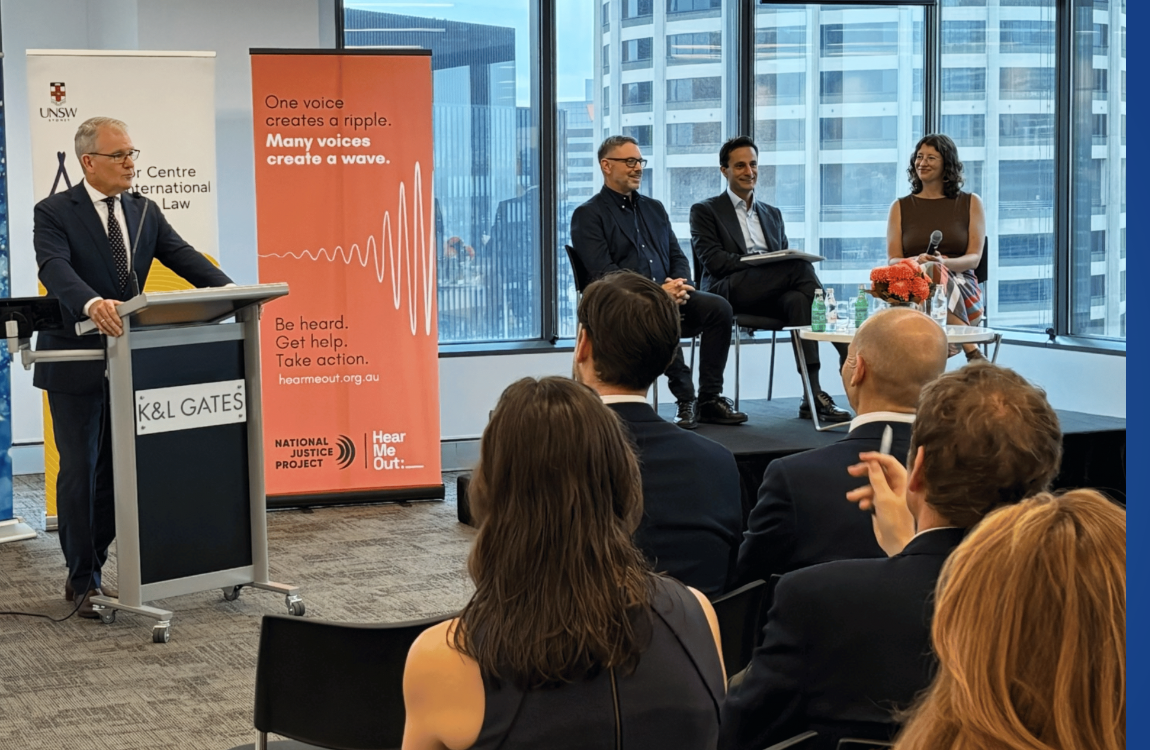Content Warning: Aboriginal and Torres Strait Islander readers are advised this story contains the image and name of a First Nations person who has passed away.
Case name:
Inquest into the death of Mr Yeeda, Coroner’s Court of Western Australia (20th July 2022)
Case summary:
On 3 May 2018, Mr Yeeda, a 19-year-old Aboriginal man, died at the West Kimberly Regional Prison whilst serving a 14-month custodial term of imprisonment.
Mr Yeeda had suffered from rheumatic fever since childhood, which worsened during his sentence. The Prison Medical Officer referred him to a visiting cardiologist, who may have recommended life-saving surgery. However, an appointment was not made and Mr Yeeda died five months later.
The facts:
On 5th May 2017, Mr Yeeda was issued with a Warrant of Commitment to be imprisoned for one year and two months, and was eligible for parole. Parole was denied on 17th October, with reasons issued to him. He remained in custody in the lead up to his death. He spent his time in custody in five different facilities.

Whilst the coroner highlighted the responsibility of multiple agencies in regards to Mr Yeeda’s death, he initially refused to attend cardiology appointments outside of prison. This improved once he was inside the West Kimberly Regional Prison, where he finally agreed to a referral. He also received all scheduled monthly penicillin injections.
Mr Yeeda died suddenly on 3rd May 2018 after playing basketball inside the facility. CPR was initiated but he was unable to be revived. Indications were that he was not unwell in the leadup to the death, but it was noted by another prisoner that he was not himself in the days prior, as Mr Yeeda had told the prisoner he had chest pain.
He collapsed to the ground at 4:06pm and despite attempts to get up immediately, he lay motionless at 4:08pm. He was found by another prisoner at 4:17pm, who called for help and a Code Red Medical Emergency was then established between 4:22pm and 4:25pm. Resuscitation efforts commenced from 4:20pm by prison nurses and custodial officers, assisted later by the Prison Medical Officer Dr Todd.
Ambulance officers arrived at the facility at 4:38pm, taking over resuscitation attempts and adrenaline was given intramuscularly. Mr Yeeda arrived at Derby Hospital Emergency Department at 5:10pm and was intubated. Resuscitation efforts ended at 5:26pm and he was pronounced dead.
The legal issue
A mandatory coronial inquest was held after Mr Yeeda’s death in custody. The contention in this inquest was whether his death was preventable. This was in the context of the appointment with a Visiting Cardiologist not being followed through. The coroner found that if this was followed through, Mr Yeeda would have attended the appointment, and accepted the recommendations given to him; namely to have surgery to fix his heart issue. Whilst there was always some risk associated with having heart valve replacement surgery, the risk in not having the surgery at all far exceeded this risk.

As part of this legal issue, the coroner looked at whether the right procedures were followed once a referral was made. A number of opportunities were missed, including WA Cardiology not registering the First Referral within three days of receipt. Perth Cardiovascular Institute were also not notified of this First Referral being made. This missed transition of the referral would have resulted in an appointment with Perth Cardiovascular Institute in or around January 2018.
What was held:
The coroner found that if all procedures were followed correctly, Mr Yeeda would not have died. Responsibility was shared across three different agencies. The WA Country Health Service ultimately bore the most responsibility for the referral not being followed through. The Department of Justice also failed to implement a computer-based tracking system that managed prisoners who had urgent referrals. Finally, WA Cardiology were presented with opportunities to assist in the adequate transition of the appointment with the Visiting Cardiology service.
It was also found that the standard of treatment and care of Mr Yeeda was not of sufficient quality in relation to his rheumatic heart disease.
As such, the coroner made three recommendations. The first was for the Department of Justice and WA Country Health Service to work together in order to enhance the Referral Tracking System. Additionally, the Department was asked to assist with the current work undertaken by Dr Rowland to progress the system. Finally, the Department of Justice should consider making a list available to custodial officers in relation to Alerts of unfitness for sport and work, which would help address confidentiality issues, providing guidance to officers to respond to these Alerts. Mr Yeeda was not suited for activities such as basketball which may have played some part in his death.
How this case can make change:
We believe reforms must go well beyond the coroner’s recommendations. Our CEO, George Newhouse, said that the recommendations failed to address the systemic racism in WA’s justice and healthcare systems: “Unless culturally-appropriate healthcare delivered by Aboriginal medical services is provided to prisoners, we will see more needless deaths like that of Mr Yeeda.” We will continue to advocate for root-and-branch reform of the WA Prison system.
In the media:
- WA family wants answers over death in custody of chronically ill teenager, SBS
- Family of Aboriginal teenager who died in custody say lawyers not allowed to dial in to inquest, The Guardian
- Death in custody of young Aboriginal man Mr Yeeda was likely preventable, WA coroner finds, ABC
Author: Marc Bulgin (Macquarie University Social Justice Clinic)









